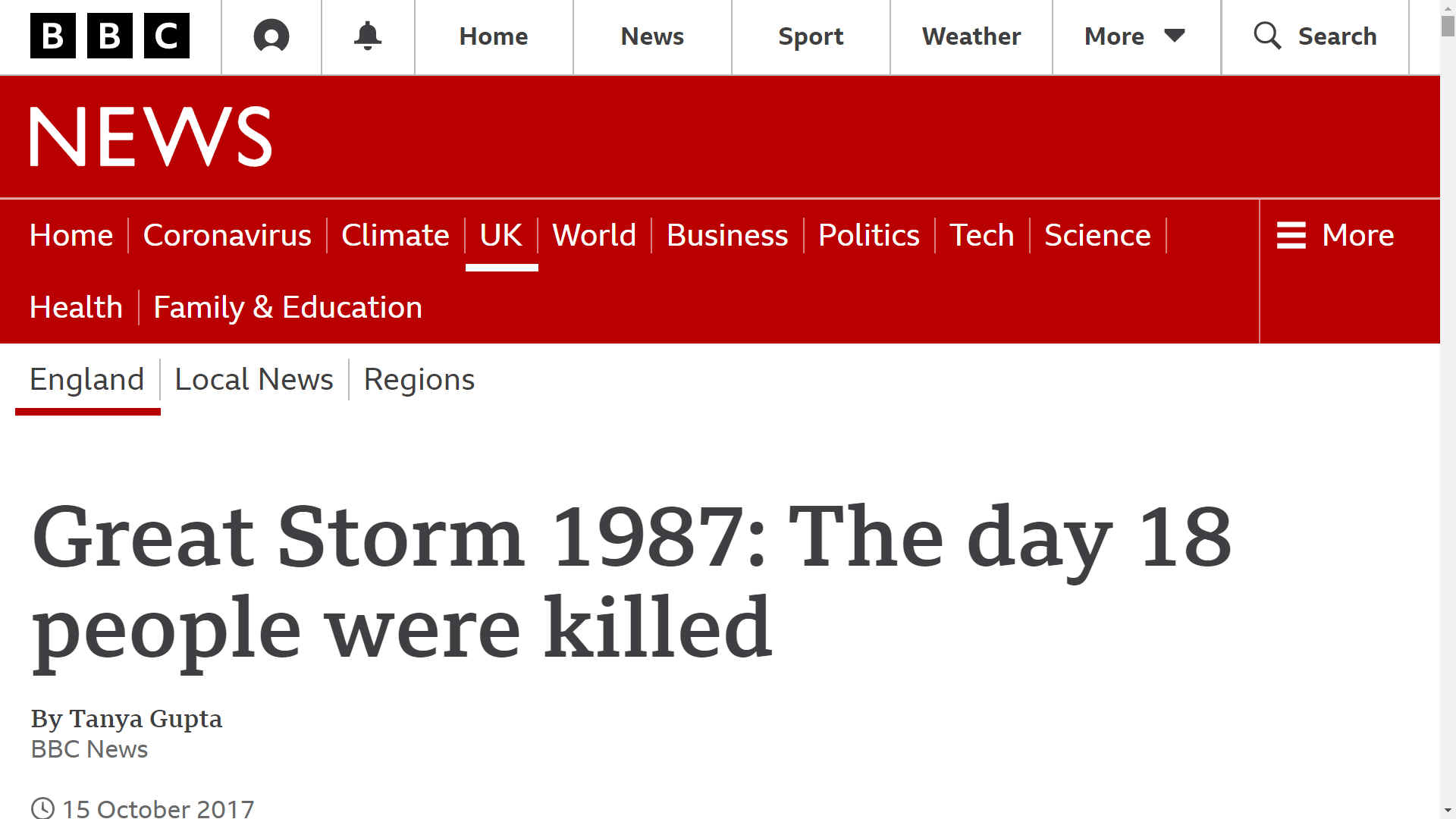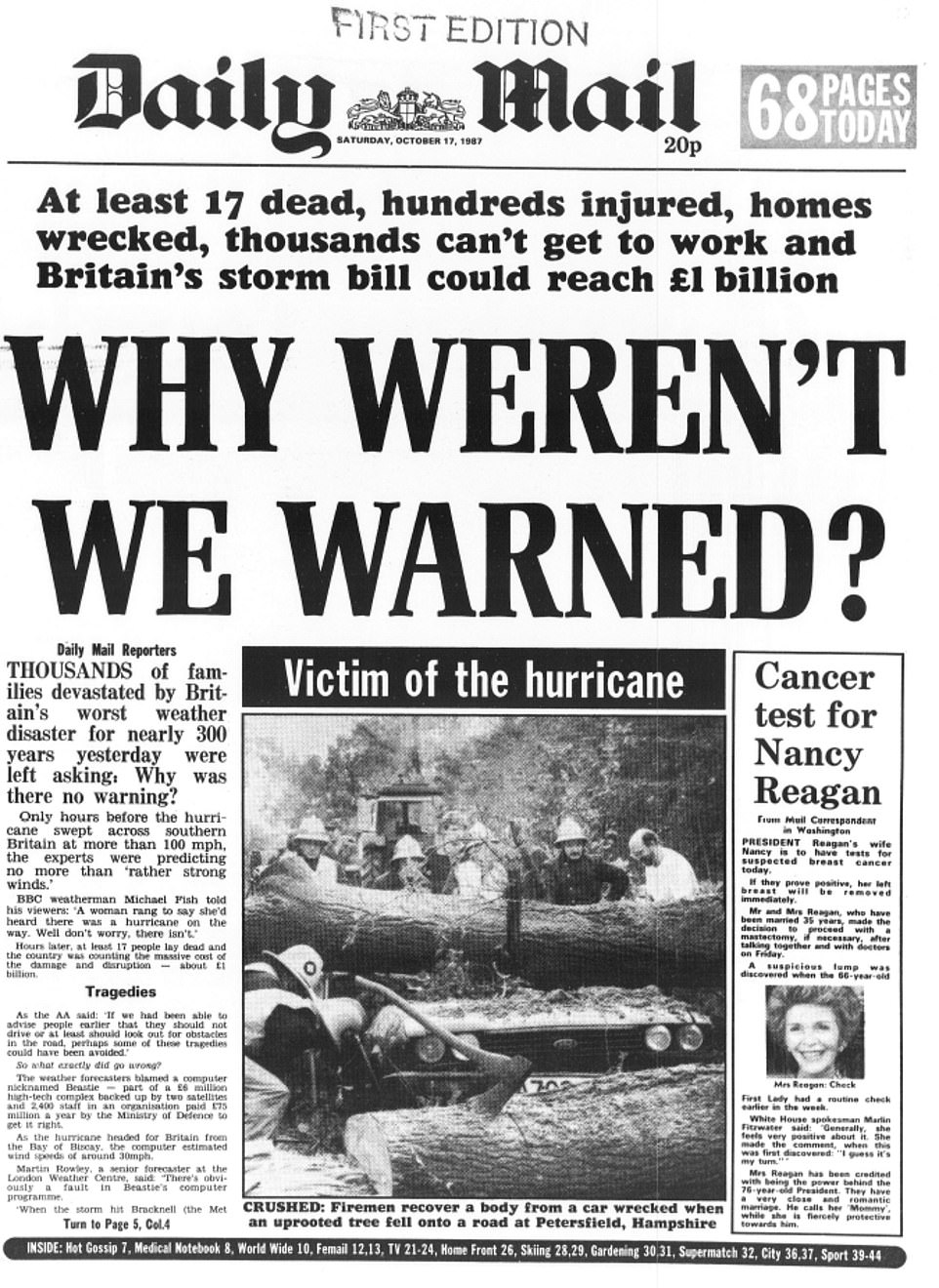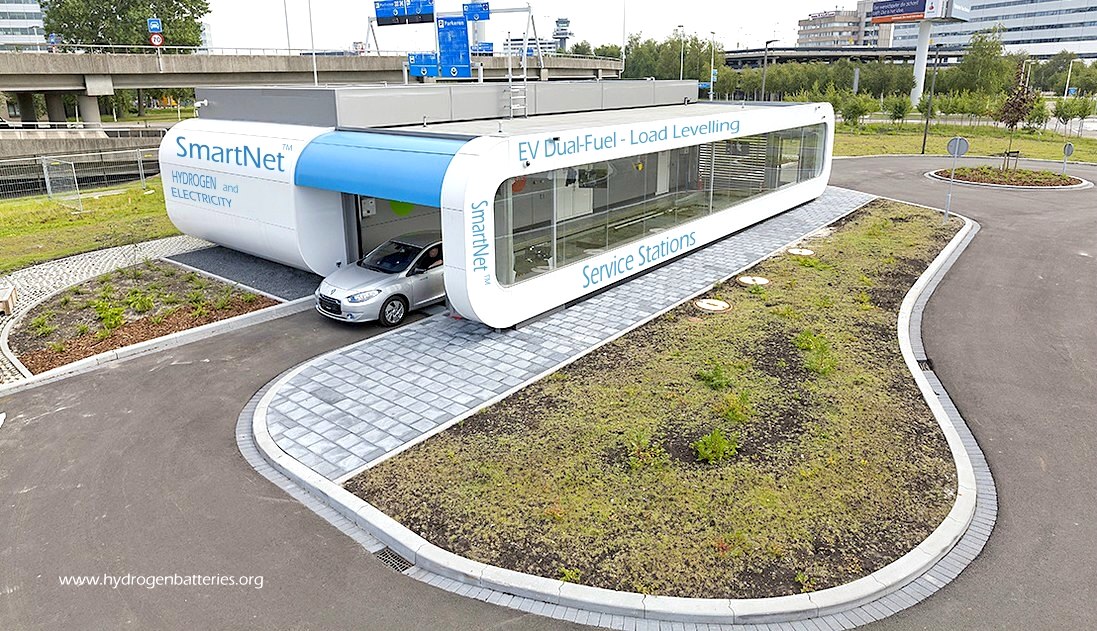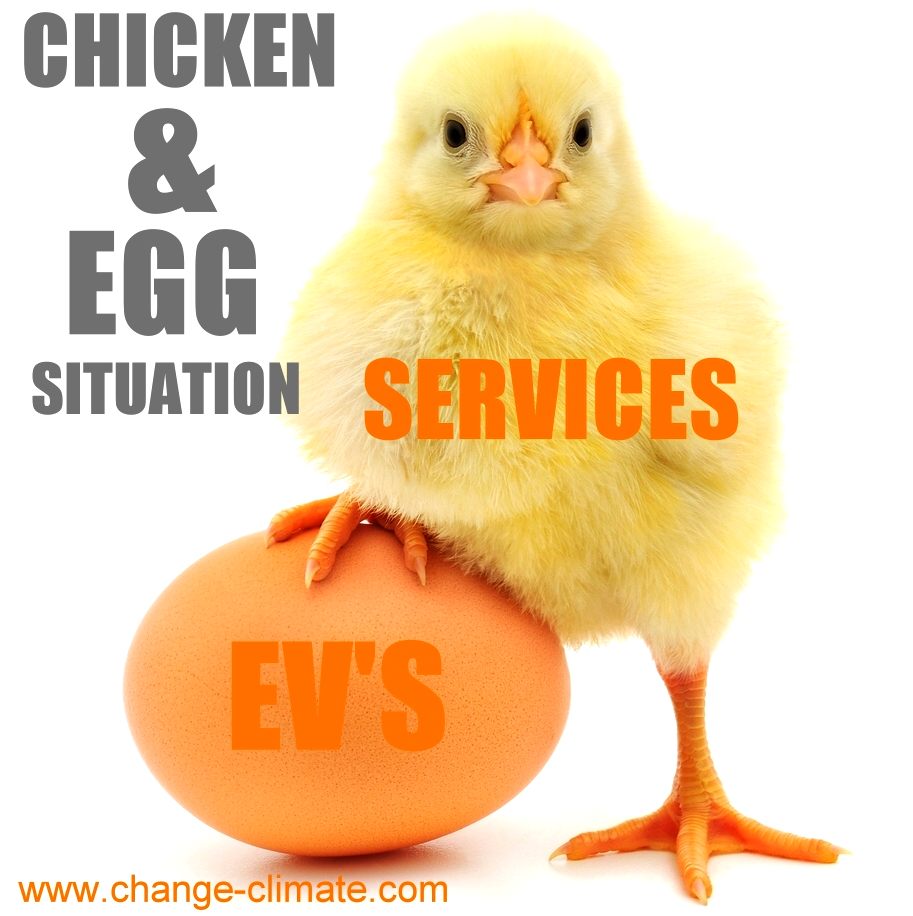|
A TO Z INDEX UK STORMS
Please use our A-Z INDEX to navigate this site where page links may lead to other sites, or see HOME
|
|
|
BRACE YOURSELVES - OR - RIG FOR ACTION
The UK sits in the path of predominately westerly winds where low pressure weather systems, (and associated clouds and rain) frequently move eastwards or north-eastwards across the North
Atlantic and then across the UK. This brings unsettled and windy weather, particularly in winter. Summers in the UK are usually cooler than those on the European continent whereas our winters are often much milder. However, experts anticipate that climate change will alter the UK’s weather, leading to changes in patterns of rainfall and temperature. This has the potential to cause more frequent
extreme weather events
Michael Fish was born in Eastbourne, Sussex, in 1938 and studied at City University in London.
Severe weather had been predicted before the Great Storm - as it later became known - hit the south coast of England in the early hours of 16 October.
What did Michael Fish say in 1987 hurricane weather forecast?
POWER CUTS. The SmartNet™ system could be the solution, also providing load levelling for national grids having to cope with renewables. Governments have known about this system for years. It was presented to the Dti for a Smart Award in 1998. The Department for Trade and Industry replied, that there was no future for a system based on energy storage. They wanted hydrogen solutions. Indeed. It seemed to pass them by that this system included hydrogen, and made provision for ammonia and methanol - by way of future proofing.
The real problem was the coal and oil lobbyists and policy makers personal investments in fossil fuels. This kept the Red Flag flying all the time climate deniers were given house room.
BURNS DAT STORM
The ‘Burns Day’ storm on 25 January 1990 killed 47 people across the British Isles. The ‘St Jude’s Day’ storm on 28 October 2013 caused four deaths as a result of falling trees, severe disruption to transport and left more than 850,000 homes without electricity.
The October storms caused significantly more damage to trees as they still held their leaves, making it easier for strong winds to damage or uproot them. In February 2001, heavy snow and strong winds caused travel disruption for up to five days and brought down power lines across Northern Ireland.
Storms Dudley, Eunice and Franklin are recent examples of how inadequate and poorly prepared the UK is for transition to the age of electricity. These storms demonstrated the state of unprepared-ness of British power networks. Policies so far have been lackluster, as the present infrastructure and development of towns and villages far preceded the the worst imaginings of our leaders of yesteryear.
A good idea is to invest in a home on high ground. Town planners (Councils) in the UK, and especially South-East, have been routinely granting planning permission in locations where flooding is a high risk, or where drainage is inadequate, chasing taxes, rather than security. Meaning, you'll have to conduct your own survey.
THE STORM NAMING SYSTEM
The Met Office and the Irish equivalent Met Eireann decided to begin naming storms after a survey revealed people became more aware of extreme weather warnings once the storm was given a name.
The A-Z of names, which runs from September to August (2021 - 2022 example), flips between male and female
as follows: Barra Corrie Herman
They are going to need them.
NO BACK UP
Most households do not have back-up generators. Hence, the vulnerable and elderly are put at risk.
Why?
It is predicted that Climate Change is going to make storms and flooding more regular. Meaning that we can expect more power cuts. More inconvenience. No backup, and more excuses.
Why?
When, as a matter of fact the energy supply networks have known for over forty years that this situation was coming.
But, what have they done about it. Apart from whine and increase the price of electricity.
Why?
Could it be that our policies are deficient.
And who makes the policies?
That's right. Our politicians. This is not limited to the UK, it is an international problem.
In our view, they really need to get on top of things. Worry about their functions as MPs, and leave their second jobs at home. Although. We advocate a ban on consultancy sidelines, because of the obvious conflict of interest. Probably one reason our energy suppliers have been allowed to doze for the last forty years - with the Red Flag flying at full mast.
The worst case scenario is that people will die as a result of negligent forward planning on the part of those enfranchised to look after us. Industry watchdogs are only as good as the policies they operate under. They are not there to upgrade a dysfunctional system.
Policies must be put in place to prevent unnecessary deaths - resulting from power cuts.
We cannot cease the use of fossil fuels overnight, that would be irresponsible, where civilization needs energy for life. But we can transition without causing undue hardship to existing stakeholders, provided that they take steps to reinvest in new technology in a changing world.
Please use our A-Z INDEX to navigate this site
This website is provided on a free basis to promote zero emission transport from renewable energy in Europe and Internationally. Copyright © Universal Smart Batteries and Climate Change Trust 2022. Solar Studios, BN271RF, United Kingdom. The name SmartNet™ is a trademark.
|



